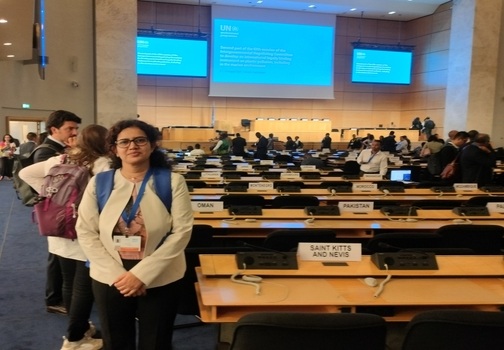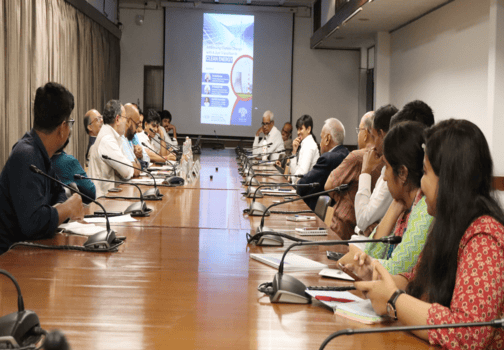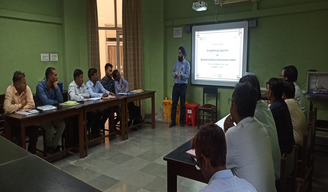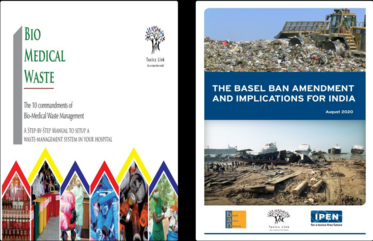
Title: An Insight of Mercury-Free Products in India
Publication Type: Research Reports
Year of Publication: 2021
Abstract:This study is an indication on the overall status of the mercury-free alternative products in India. It was found that in some of the sectors like health care and lamps, India has made considerable progress in shifting to the alternative products. However, the cost and quality of the products are the major concerns for India considering the wide diversity of the socio-economic class of people living in the country. Further information on the health hazards of mercury is low among the consumers, traders, manufacturers and the workers as well.Another important aspect of the study is that the domestic demand for mercury and mercury-free products are largely met with the import from China. Incidentally the study also reflected that with the ban on export of mercury products from China, business is getting affected particularly of health care instruments like thermometer and sphygmomanometer. Nevertheless, there are industries which are manufacturing mercury-free products in India and with suitable policy and government handholding India can become a manufacturing hub for the mercury-free products. Therefore, it’s the right time for the government to assess the current scenario and act accordingly to make it a mercury-free country and also emerge as a manufacturing hub for mercury-free products.
Suggested Readings
E-Waste in Chennai: Time is running out
Toxic e-waste patterns in Chennai underline the fact that the IT industry and the government need to take immediate steps to curb this menace before it overwhelms the city. Electronic waste, or e-waste as it is popularly called, is a collective terminology for the entire stream of electronic wastes such as used TVs, refrigerators, computers, mobile phones, etc. Computer waste is the most significant of all e-waste due to the gigantic amounts as well as the rate at which it is generated. E-waste is of particular concern to India. According to a report on the Indian IT Sector by Radha Gopalan, the rate of obsolescence of computers in India is 2% per week, that is, in 50 weeks time the value of the computer is effectively zero. To take stock of the scenario of e-waste, especially computer waste, Toxics Link conducted a pioneering study in and around Delhi. Fearing that the findings could just be a tip of an iceberg, Toxics Link has decided to conduct a similar study in South India.
The Persistent Peril: Persistent Organic Pollutants
The threat posed by Persistent Organic Pollutants (POPs) to humans and to the planet as a whole make their elimination a critical and immediate need. The Stockholm Convention on Persistent Organic Pollutants (POPs) has helped classify a set of chemicals which are especially toxic for the environment as well as human health. POPs are chemicals of concern globally because, though they may be locally manufactured and used, they impact the globe owing to their ability to travel long distances through a variety of media and pathways. Their impact has been recognised as deadly, since these chemicals accumulate in animal fat, magnify up the food chain and do not break down. They cause a variety of serious health effects in the short term as well as long term. Children and pregnant women are especially vulnerable to POPs. They may be unsafe even at unbelievably low contaminations, the timing of the exposure being as critical as its dosage. Recognising them as a global problem is the first step towards taking global action for their minimisation and ultimate elimination.
Toying with Toxics: An Investigation of Lead and Cadmium in Soft Toys in Three Cities in India
Keywords: lead, india, Toxic Chemicals, Toxics, Plastic, Delhi, NGO, Cadmium, Chennai, exposure, Environment, Toxics Link, Children, Samples, Toys, standards, Mumbai, PVC toys, metals, leachates, Mattel, Lego, FunskoolTitle: Toying with Toxics: An Investigation of...













